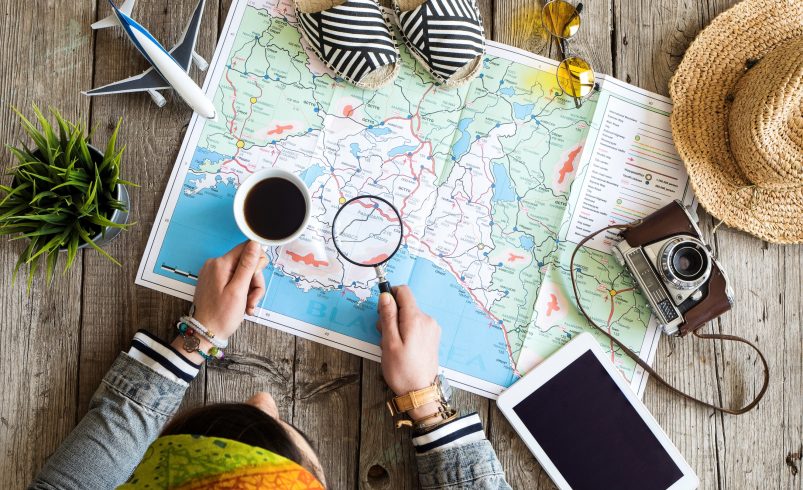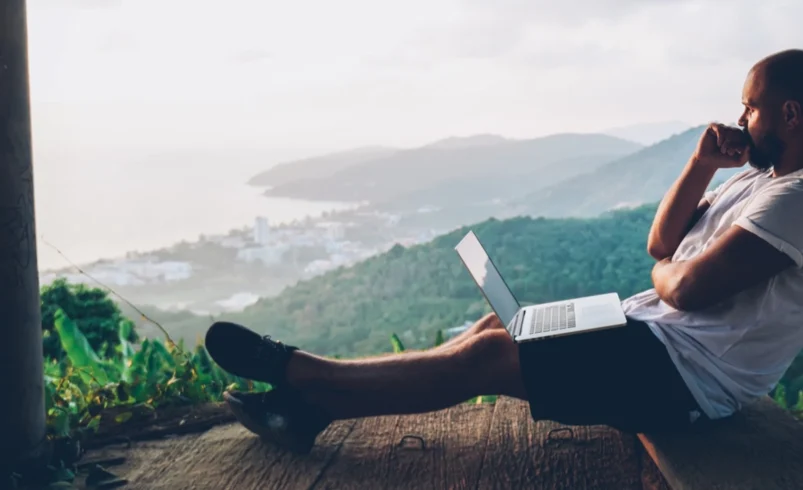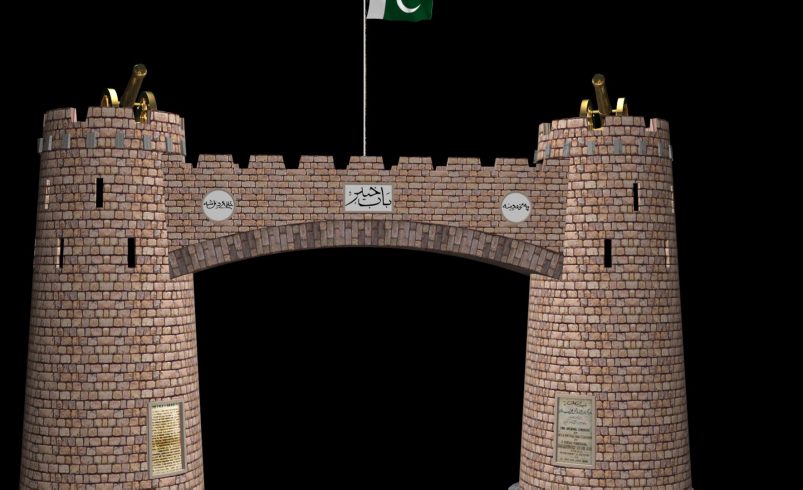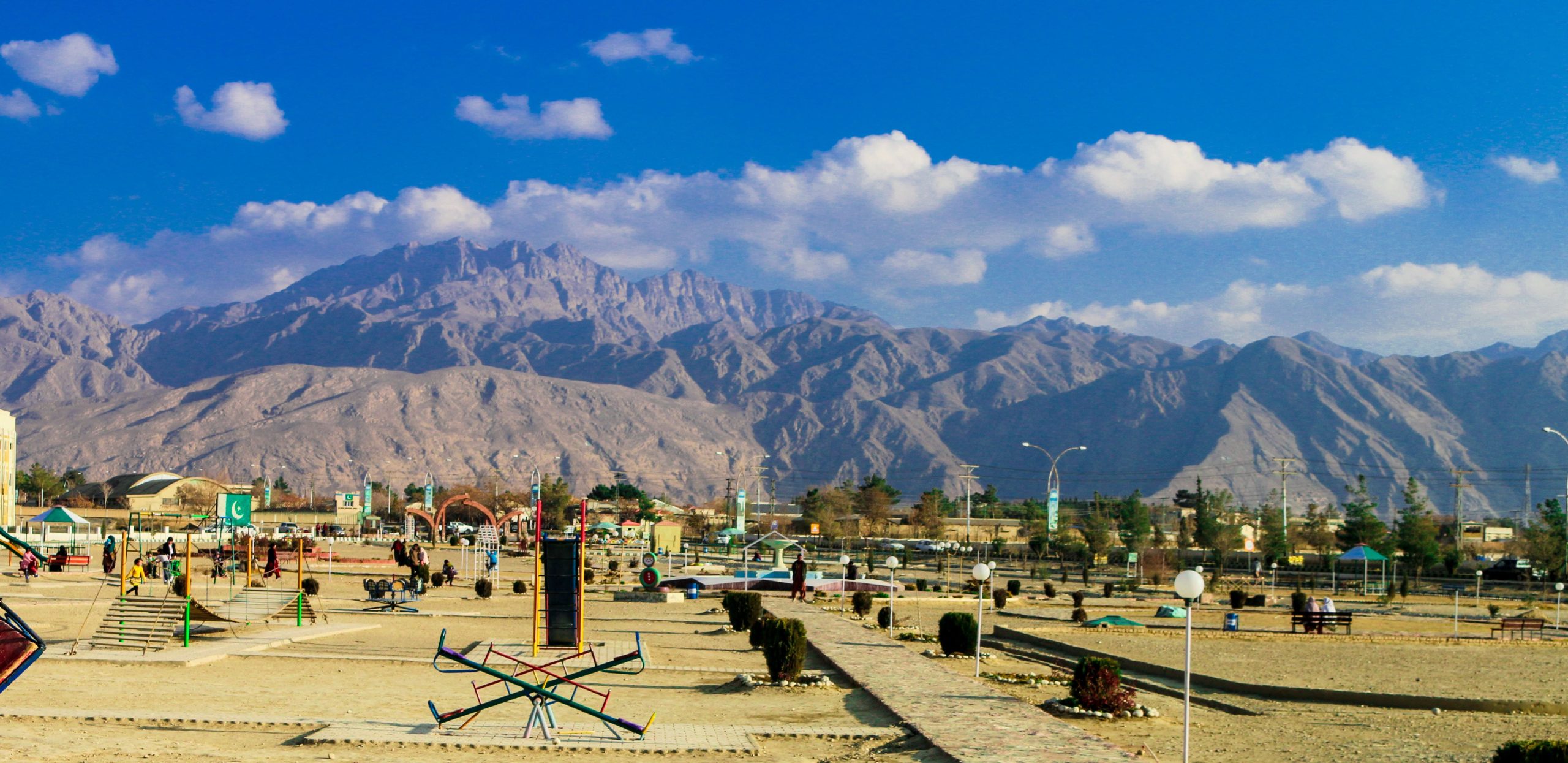
- July 8, 2025
Introduction
Pakistan is a land of majestic mountains, rich culture, warm hospitality, and ancient history. While it’s still an underrated travel destination, it’s quickly gaining attention among global travelers. But to explore this beautiful country safely and respectfully, there are several essential Pakistan travel tips for tourists you absolutely need to know
Traveling in Pakistan is not difficult, but it’s unique. Knowing what to expect and how to behave will help you connect with locals, avoid awkward situations, and enjoy your trip to the fullest. These top Pakistan travel tips will guide you through everything from dressing modestly to understanding local transport and avoiding travel mistakes
🛂 Visa Application and Entry Guidelines
Start your journey by applying for the Pakistan e-visa, which is available online for most nationalities. Make sure your passport is valid for at least six months from your arrival date. You’ll be asked to upload a passport-sized photo, return ticket, and hotel booking confirmation
Once approved, download and print a copy of your visa—even if it’s digital. Many airlines and immigration counters still ask for a printed copy. Processing times can vary between 5 to 10 business days, so apply early
Tip: Avoid overstaying. Overstays incur fines and could ban you from re-entering in the future
🧳 What to Pack for a Trip to Pakistan
Packing smart is key, as you’ll likely experience various climates and cultural expectations across different regions. The north (Hunza, Skardu, Swat) can be cold even in summer, while Karachi and Multan stay warm year-round
Pack lightweight long sleeves, loose pants, a scarf or shawl (especially for women), and layers if heading north. A filtered water bottle, sunscreen, and power bank will also be useful. Comfortable walking or hiking shoes are a must for rural and mountainous areas
Travelers with sensitive stomachs should carry basic medicines, probiotics, and ORS. Also, bring a universal power adapter and a copy of your passport in your bag
🕌 Respecting Local Culture and Traditions
Pakistanis are extremely hospitable but also deeply rooted in Islamic culture. Understanding and respecting cultural practices will go a long way in making your trip pleasant
Always dress modestly. Both men and women should avoid sleeveless tops and shorts. For women, wearing a scarf in conservative areas or when entering mosques is recommended. Avoid public displays of affection. Always remove shoes before entering mosques and sometimes even homes
Using the right hand for eating, paying, or shaking hands is seen as respectful. If invited for tea or a meal, accept it—it’s a genuine gesture of hospitality
🚕 Getting Around in Pakistan
Major cities like Lahore, Islamabad, and Karachi have ride-hailing apps like Careem and InDrive, which are reliable and affordable. In smaller cities or towns, rickshaws are the norm, but always negotiate the fare beforehand
For intercity travel, use trusted bus services like Daewoo Express, Faisal Movers, or Skyways. Domestic flights are available to Gilgit, Skardu, Chitral, and Karachi from Islamabad and Lahore
Here’s a helpful table of common travel distances from Islamabad:
| Destination | Distance (KM) | Time by Road |
|---|---|---|
| Lahore | 375 km | 4-5 hours |
| Hunza | 590 km | 14-18 hours |
| Swat | 247 km | 6-7 hours |
| Skardu (by air) | — | 1 hour flight |
| Multan | 550 km | 7-8 hours |
Avoid night road travel due to safety and visibility concerns in rural regions
🥘 Eating Safe and Delicious Food
Pakistani cuisine is full of bold spices, rich flavors, and street food culture. You’ll enjoy dishes like biryani, nihari, karahi, chana chaat, and kebabs. But if you’re not used to spicy or oily food, start slow
Always eat at clean and busy restaurants. Avoid drinking tap water and ice cubes. Stick to bottled or boiled water. Peel fruits and avoid raw salads unless from a known hygienic place
Vegetarians can enjoy daal (lentils), sabzi (vegetable curries), and roti (bread), although meat dishes are more common in most places
🧕 Dress Code Tips and Gender Sensitivity
Modesty is important in both urban and rural Pakistan. Women travelers are advised to wear long sleeves, trousers or a shalwar kameez, and carry a scarf. Men should avoid shorts in public, especially in religious or rural areas
Female travelers often feel more comfortable wearing local clothing like shalwar kameez. It helps blend in, gain respect, and avoid unnecessary attention. In cities like Islamabad and Lahore, you’ll find more relaxed dressing but rural areas remain conservative
Women traveling solo should choose guesthouses with good ratings and ideally run by families or female hosts
🌐 SIM Cards, Wi-Fi, and Internet Access
Staying connected is easy in most cities. The most reliable network providers are Zong, Jazz, and Telenor. Zong is best for northern areas like Hunza and Skardu
Buy your SIM at the airport or an official franchise using your passport. You’ll need a biometric verification. Avoid street vendors. Data packages are affordable, with monthly plans ranging between PKR 1,000 to 2,500
Wi-Fi is available in most hotels and cafes, but it can be unreliable in mountainous regions. Carrying a portable Wi-Fi device or using 4G is often better
🏥 Health and Safety Tips
Get vaccinated for hepatitis A & B, typhoid, tetanus, and rabies if you plan outdoor or rural activities. Malaria risk is low but insect repellents are recommended in southern Punjab and Sindh
Carry a basic first-aid kit with common medicines, ORS, antiseptic, and plasters. Pharmacies are widely available in urban centers. For serious issues, private hospitals in major cities provide quality care
In case of emergencies, dial 1122 for ambulance or medical assistance. For general safety, avoid political gatherings, protests, and large public demonstrations
💵 Budgeting and Currency Advice
Pakistan is very affordable for most foreign travelers. The local currency is PKR (Pakistani Rupee) and cash is king in many areas
Estimated daily travel cost:
- Budget backpacker: PKR 3,000–5,000/day
- Mid-range traveler: PKR 6,000–10,000/day
- Luxury traveler: PKR 15,000–30,000/day
Use ATMs inside banks, not standalone machines. Bring a Visa/MasterCard that works internationally. You can also exchange foreign currency at authorized dealers at airports or in major cities
Always keep some emergency USD or EUR hidden in your bag for backup
🕵️ Avoiding Tourist Scams and Staying Alert
While most people in Pakistan are honest and welcoming, a few common tourist scams exist in big cities
Watch out for:
- Overpriced souvenir shops in tourist markets
- Taxis or rickshaws overcharging foreign travelers
- Fake tour guides at historical sites
Avoid these by researching actual prices beforehand, using ride apps, and hiring certified guides. Trust your instincts and always stay aware of your belongings in crowded places
📸 Photography Etiquette
Pakistan offers incredible photography opportunities—from mountain valleys to vibrant city streets. But always be mindful of your subjects
Ask permission before photographing people, especially women or religious figures. Drones are restricted near government and military zones, and require permission
Be respectful while taking photos inside mosques or shrines and dress appropriately if entering religious spaces
📝 FAQs
What are the top Pakistan travel tips for first-time tourists?
You should dress modestly, carry cash, avoid tap water, learn a few Urdu phrases, and use Careem or InDrive for city transport. These basic tips will help you travel safely and respectfully
Is Pakistan safe for solo female travelers?
Yes, with proper precautions. Dress modestly, avoid late-night travel, choose family-run guesthouses, and follow local customs to stay safe and feel respected
Do tourists need vaccinations before visiting Pakistan?
Yes, the recommended vaccines are hepatitis A & B, typhoid, tetanus, and sometimes rabies or polio boosters if you’re heading to rural areas
Is it expensive to travel around Pakistan?
Not at all. It’s one of the most affordable countries for tourists. You can manage on a budget of PKR 3,000–5,000/day if you eat locally and use buses
Which SIM card is best for northern Pakistan?
Zong provides the best internet coverage in places like Hunza, Skardu, and Gilgit. Buy it from official outlets using your passport
Can I use credit cards in Pakistan?
In cities, yes. But most shops, small eateries, and remote regions are cash-only. Always carry cash in smaller denominations
What should I wear in Pakistan?
Modest, loose-fitting clothes. Women are advised to wear local outfits like shalwar kameez and carry a scarf, especially in conservative regions
Is street food safe?
Street food can be amazing but choose vendors with high turnover and cleanliness. Stick to hot, freshly made items
Are people friendly towards tourists?
Absolutely! Pakistanis are known for their hospitality. Many will go out of their way to help you, offer tea, or simply have a chat
What’s the emergency number in Pakistan?
Dial 1122 for ambulance or medical help. For police, dial 15
✅ Conclusion: Use These Top Pakistan Travel Tips for an Unforgettable Journey
Traveling in Pakistan is an extraordinary experience filled with stunning landscapes, rich traditions, and incredibly kind people. But your journey will be much more rewarding if you follow these top Pakistan travel tips
Understanding local culture, dressing modestly, budgeting wisely, and knowing how to get around safely can make all the difference. These Pakistan travel tips for tourists are not just helpful—they’re essential for enjoying your trip responsibly and respectfully
From the high peaks of Hunza to the bustling streets of Lahore, Pakistan welcomes you with open arms. Now you’re ready to explore it like a pro






